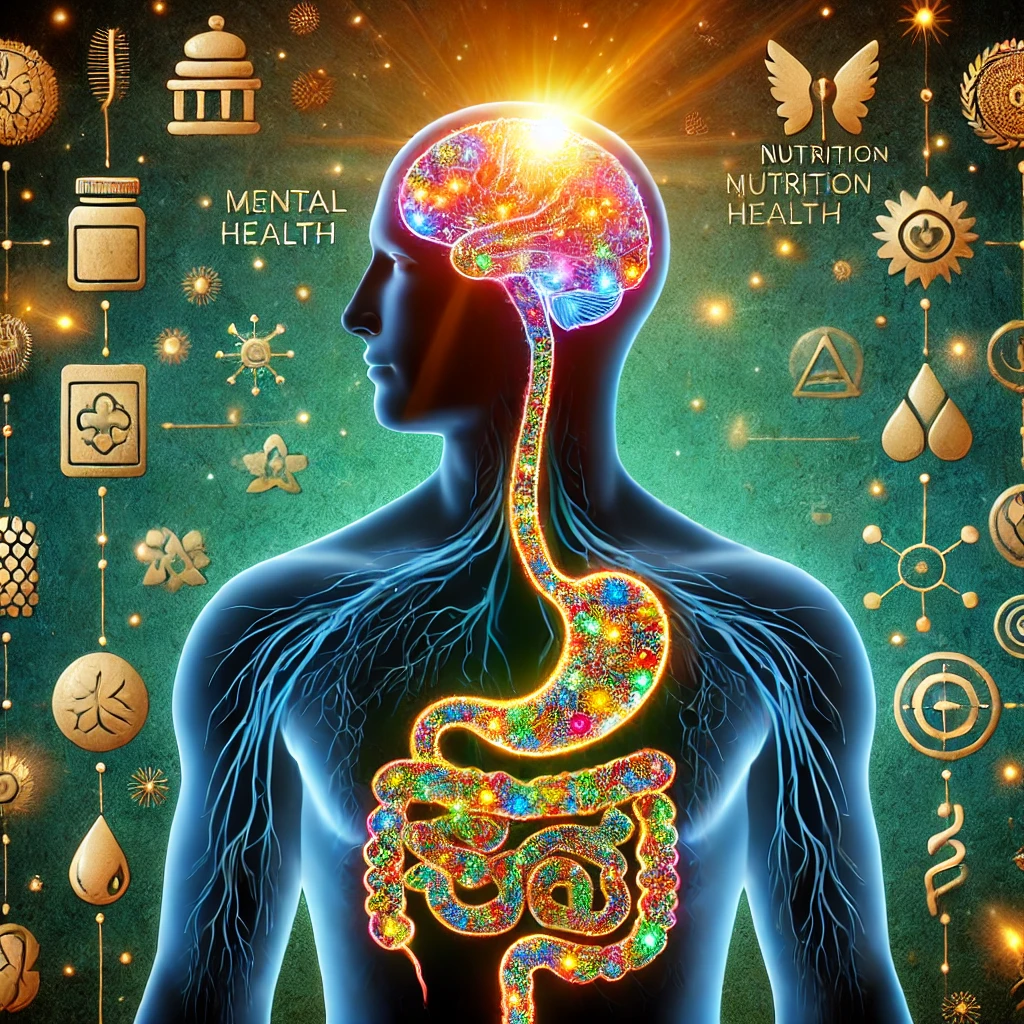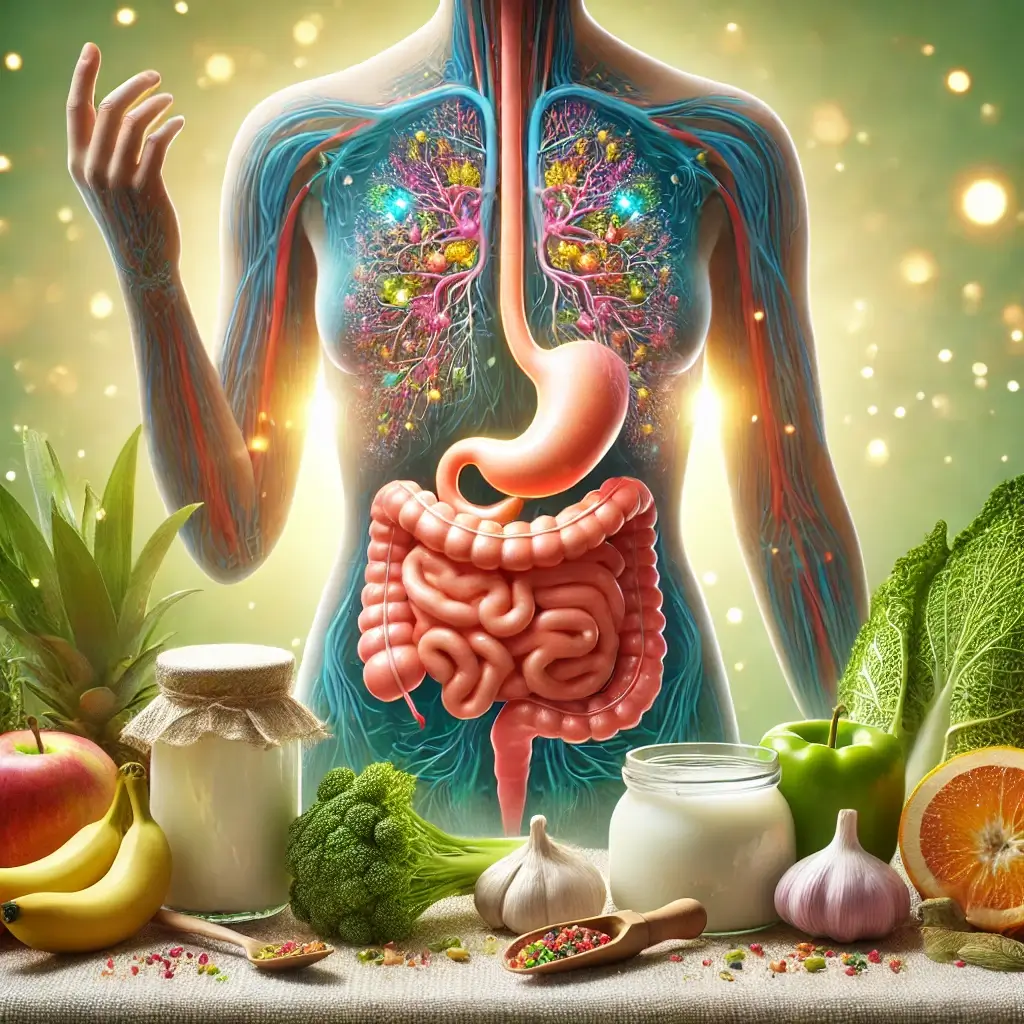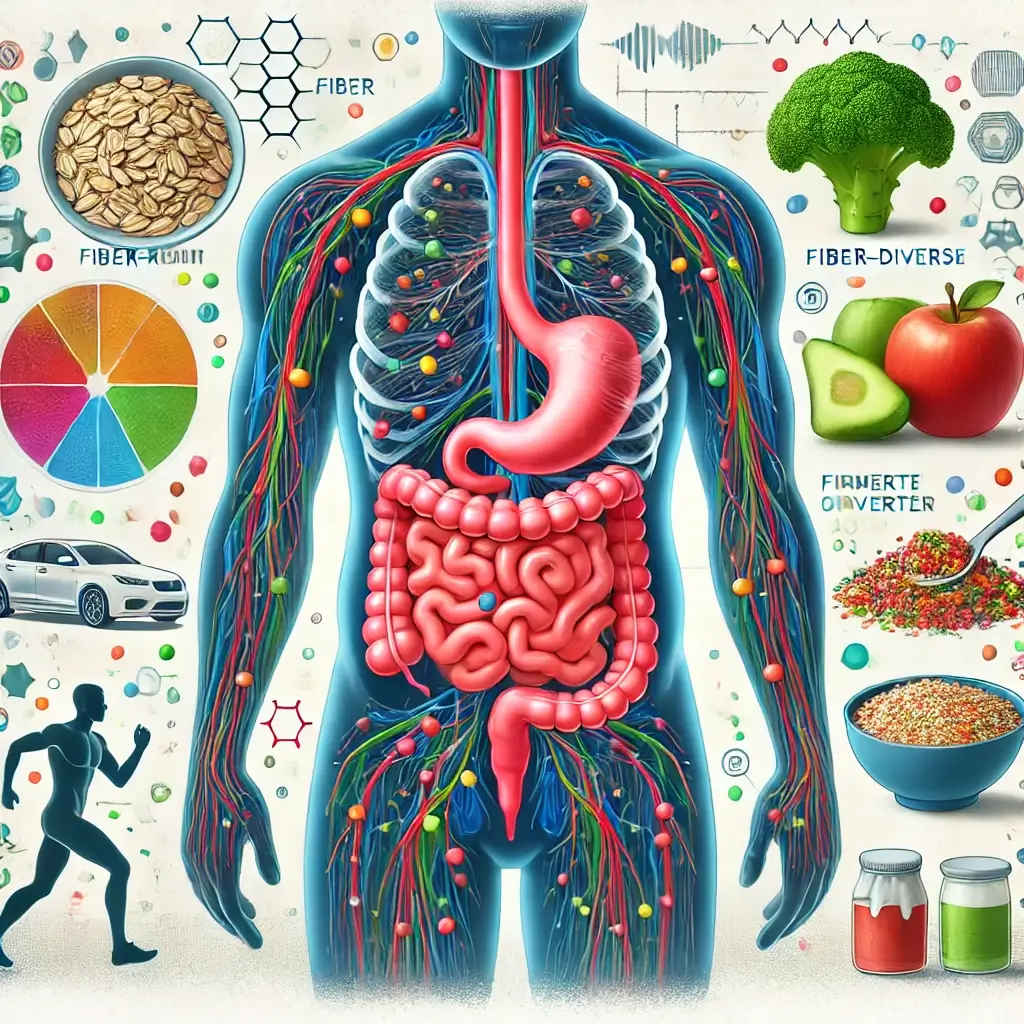The Science Behind Your Second Brain: How Gut Health Transforms Mental Well-being
The Biological Connection
The phrase “trust your gut” resonates on a deeper level than most realize. Far from being a mere saying, it reflects a biological truth: the gut and brain are intricately connected. This connection, known as the gut-brain axis, is a two-way communication network that links the gastrointestinal system to the central nervous system. At the center of this axis is the gut microbiome—a diverse ecosystem of trillions of microorganisms that influence digestion, immunity, and even brain function.
Mental Health and the Microbiome
Emerging research has illuminated the critical role of the gut-brain axis in mental health. From mood regulation to stress management and cognitive function, the microbiome profoundly impacts emotional well-being. Disruptions in this system, termed gut dysbiosis, have been implicated in anxiety, depression, and even neurodegenerative diseases like Alzheimer’s.
Scientific Discoveries and Holistic Health
This article explores the latest scientific discoveries surrounding the gut-brain connection, offering insights into how dietary choices, lifestyle habits, and innovative therapies can support both gut and mental health. As we delve deeper into this fascinating relationship, it becomes clear that caring for the gut is an essential component of holistic mental health care.
Understanding the Gut-Brain Axis
The gut-brain axis encompasses multiple interconnected pathways:
Neurotransmitter Synthesis: The gut produces neurotransmitters like serotonin and dopamine, which regulate mood and behavior. Up to 90% of serotonin is synthesized in the gut, according to research in Nature Reviews Neuroscience (2022).
The Vagus Nerve: Acting as a primary communication channel, the vagus nerve transmits signals from the gut to the brain. A 2021 study in Cell Reports demonstrated how certain gut bacteria stimulate vagal nerve activity, influencing emotional responses.
Inflammation and Immunity: The gut microbiome plays a central role in controlling inflammation. Chronic inflammation linked to gut dysbiosis has been associated with anxiety, depression, and cognitive decline (Lancet Psychiatry, 2023).
The Impact on Mental Health Conditions
Anxiety and Stress:
Imbalances in gut microbiota can elevate cortisol levels, the primary stress hormone. A 2022 study in Frontiers in Psychiatry found that participants with diverse gut bacteria exhibited reduced stress responses compared to those with gut dysbiosis.
Probiotics such as Lactobacillus rhamnosus and Bifidobacterium longum have shown promise in reducing anxiety symptoms in clinical trials (Journal of Psychosomatic Research, 2021).
Depression and Gut Health
Research in Molecular Psychiatry (2022) highlighted the potential of psychobiotics—specific probiotic strains targeting mental health—to alleviate depressive symptoms. Participants who received Lactobacillus supplements reported significant mood improvements.
Dietary patterns also play a role. A study published in Gut Microbes (2020) found that a Mediterranean diet enriched with fermented foods reduced depressive symptoms in 64% of participants after 12 weeks.
Neurodegenerative Conditions and Autism
The gut-brain connection extends to age-related cognitive decline. A 2023 review in Alzheimer’s & Dementia suggested that gut dysbiosis might accelerate the progression of Alzheimer’s and Parkinson’s diseases by promoting chronic inflammation and disrupting gut-brain signaling.
Preliminary studies have shown a potential link between gut microbiome composition and autism symptoms. A 2020 study in Cell revealed that gut microbiota transplantation improved social behaviors in animal models of ASD, though human research is still in its infancy.
Evidence-Based Strategies
Promoting gut health is a proactive way to support mental well-being. Evidence-based strategies include:
Dietary Interventions:
– Increase consumption of fiber-rich foods like fruits, vegetables, and legumes
– Incorporate fermented foods such as yogurt, kefir, and kimchi
– Reduce consumption of processed foods and sugars
Probiotic and Prebiotic Supplements:
– Probiotics like Lactobacillus and Bifidobacterium strains
– Prebiotics, found in foods like garlic, onions, and bananas
Stress Management:
– Practices like mindfulness, yoga, and meditation
Adequate Sleep:
– Aim for 7–8 hours of quality sleep
Medical Consultation:
– Seek advice for microbiome-targeted therapies
Future of Mental Health Care
The gut-brain axis represents a paradigm shift in how we approach mental health. With its profound influence on mood, stress, and cognition, gut health is an integral part of overall well-being. As science uncovers more about this connection, it is evident that nurturing the gut is key to fostering a healthier mind.
Conclusion and Path Forward
By adopting a gut-friendly lifestyle—incorporating a balanced diet, managing stress, and considering emerging therapies—individuals can take control of their mental and physical health. The journey to emotional resilience and cognitive vitality starts in the gut, making it a powerful focus for future healthcare advancements.













